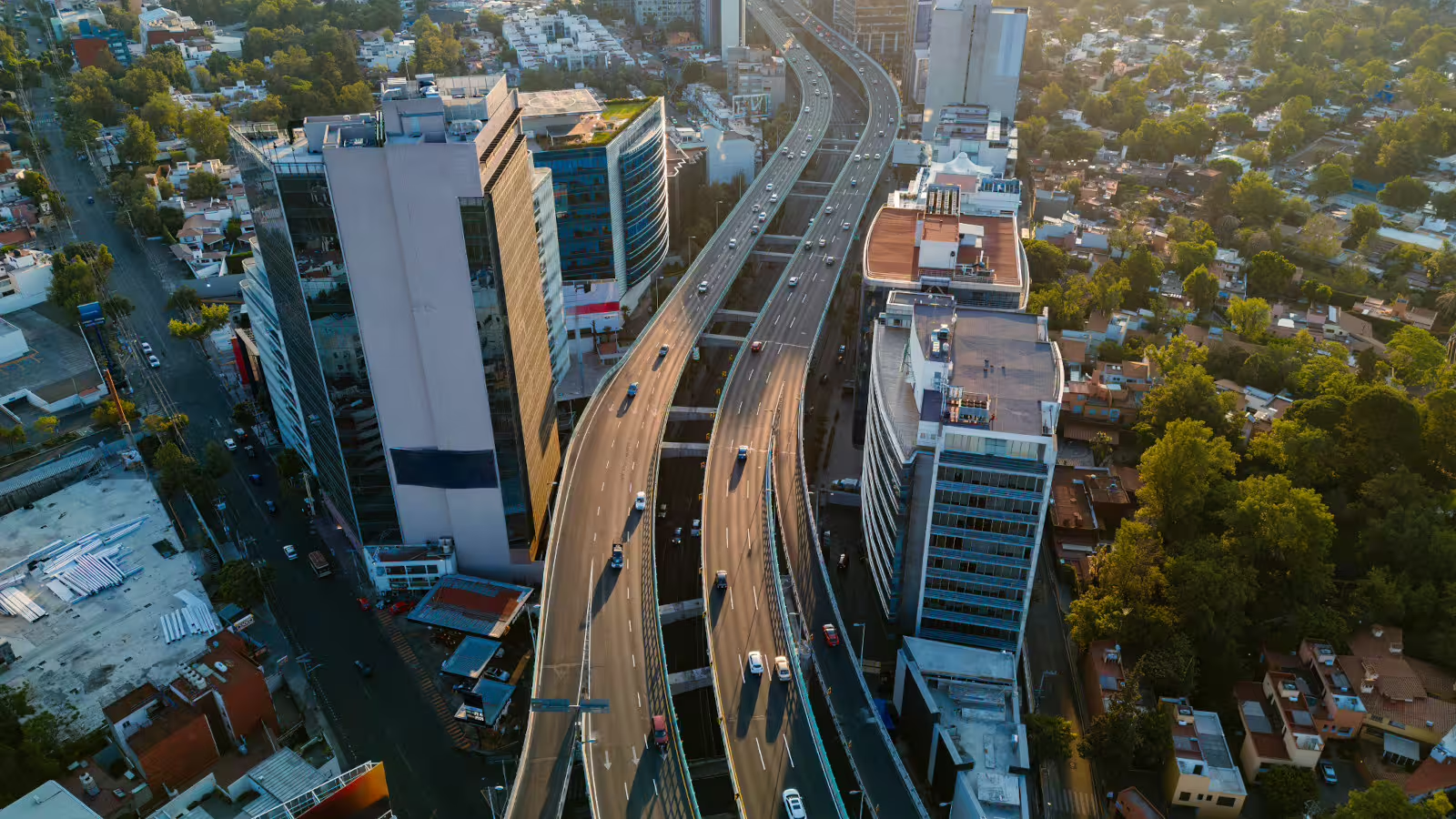Global state and corporate leaders in New York City gathered last week for the annual UN General Assembly and Climate Week. With just over five years remaining to meet Paris Agreement climate goals, the urgency to accelerate climate action has never been greater.
The prospects of road transport decarbonization – a sector responsible for one fifth of global emissions – have progressed since COP21 and the forging of the Paris Agreement. Global sales of electric cars and vans captured a 14% market share in 2022, a 5 point increase from 2021: at this rate of deployment, the deployment of electric cars will exceed 2030 targets. With unprecedented investments in manufacturing, almost all medium- and heavy-duty vehicle segments are set to reach price parity with their diesel counterparts by 2030.
In addition to passenger vehicles, sectors such as freight and public transportation are making strides toward electrification, with innovations in battery technology and hydrogen fuel cells, offering scalable solutions for larger and heavier vehicles.
The transport and mobility sector has the right solutions in hand
Getting to 2030 and 2050 climate targets will require scaling to mass adoption through trillions of investments to advance vehicle and battery technology, charging infrastructure deployment and grid upgrades. Corporates must also engage actively in the just transition of their workforce into the net-zero economy, better account for social impact of transport, and minimize adverse effects on nature and biodiversity.
While governments can play a crucial role in this transition by introducing policies and incentives to de-risk private sector investment in clean transportation, corporates will need to leverage innovative business models and engage in proactive, cross-value chain partnerships. Technological maturity and momentum in many global economies signal an opportunity for industries to act beyond fragmented clean technology investments to collectively advance system-level solutions that drive growth and enable net-zero, just and nature positive transport.
Road corridors and urban hubs: transformative investment opportunities
Businesses and governments must join forces to mobilize capital and design policy packages that drive industrial and operational decarbonization. Variations in technology maturity, regulations, and the need to address diverse market and demand segments are challenging the speed of the global shift, particularly for heavy-duty vehicle segments and charging infrastructure, and calling for a new blueprint for public-private partnerships for the transition.
Green road corridors – as electrified road infrastructure connecting industrial clusters, ports and cities – and urban hubs of mobility and logistics provide opportunities for focusing and optimizing investments and can accelerate the transition to net-zero transport.
By aligning around large-scale infrastructure projects and mobilizing clear collective demand signals for zero-emission transport, corporates, investors and governments can shape and align policy and decarbonization roadmaps; substantiate and secure investments in vehicles and infrastructure; and find new businesses and operational models for transport.
Collaboration under the Zero-Emission Vehicles Emerging Markets Initiative (ZEV EMI) India country partnership has shaped viable public-private collaboration models, introducing a powerful blueprint for stimulating ZEV market development through demand aggregation and a coordinated approach to de-risking and scaling investments. Companies in the transport sector are invited to replicate these efforts; they are shaping new country partnerships globally and are initiating a demand aggregation exercise in Mexico to the same purpose. The Collective for Clean Transport Finance, hosted by WBCSD, gathers a community of 80+ organizations and companies globally, facilitates collaboration between governments, corporates and financial institutions to address the gaps in climate finance for the transport sector.
Businesses can find a competitive edge by weaving nature and social equity into global climate solutions
Nature, natural ecosystems, and stable socio-economic environments provide the foundations for economic growth, human and planetary health, and prosperity. While the width and breadth of transport and mobility make tackling climate, nature, and equity at once complex, the transport and mobility sector can use its engineering and manufacturing capacity to maximize its positive impact on nature and social equity.
Solutions for sustainable transport and mobility are catalysts of co-benefits across the three agendas. For example, transport electrification will address a large portion of air pollution through emissions reduction and noise pollution, translating into concrete benefits for public health, quality of social habitat, and natural restoration.
Companies along the transport value chain can gain a competitive edge by tackling nature and social equity interdependencies along corridors and urban hubs. New forms of collaboration in the pre-competitive space with public authorities can level the playing field around integrated ambitions for nature-positive and just agendas. Aligning these ambitions will form the ground for new value pools that can allow companies to invest, succeed, and disclose leading sustainability practices.
What’s next
Corporate executives and operations leads from 30+ companies will mobilize collective demand and engage in country partnerships to contribute to the adoption of light, medium and heavy-duty zero-emission vehicles in strategic corridors and urban hubs, in line with a 35% reduction in transport sector CO2 emissions by 2030 (vs. 2019).
In 2024 and 2025, companies of the transport and mobility sector at WBCSD will (i) catalyze road transport electrification in selected countries, including India, Mexico, the USA and others; (ii) develop financing tools to facilitate capital mobilization in partnership with global financial institutions; (iii) test, develop and adopt core principles for nature positive and just transport corridors and hubs.
For more information, please contact Thomas Deloison.
Outline

